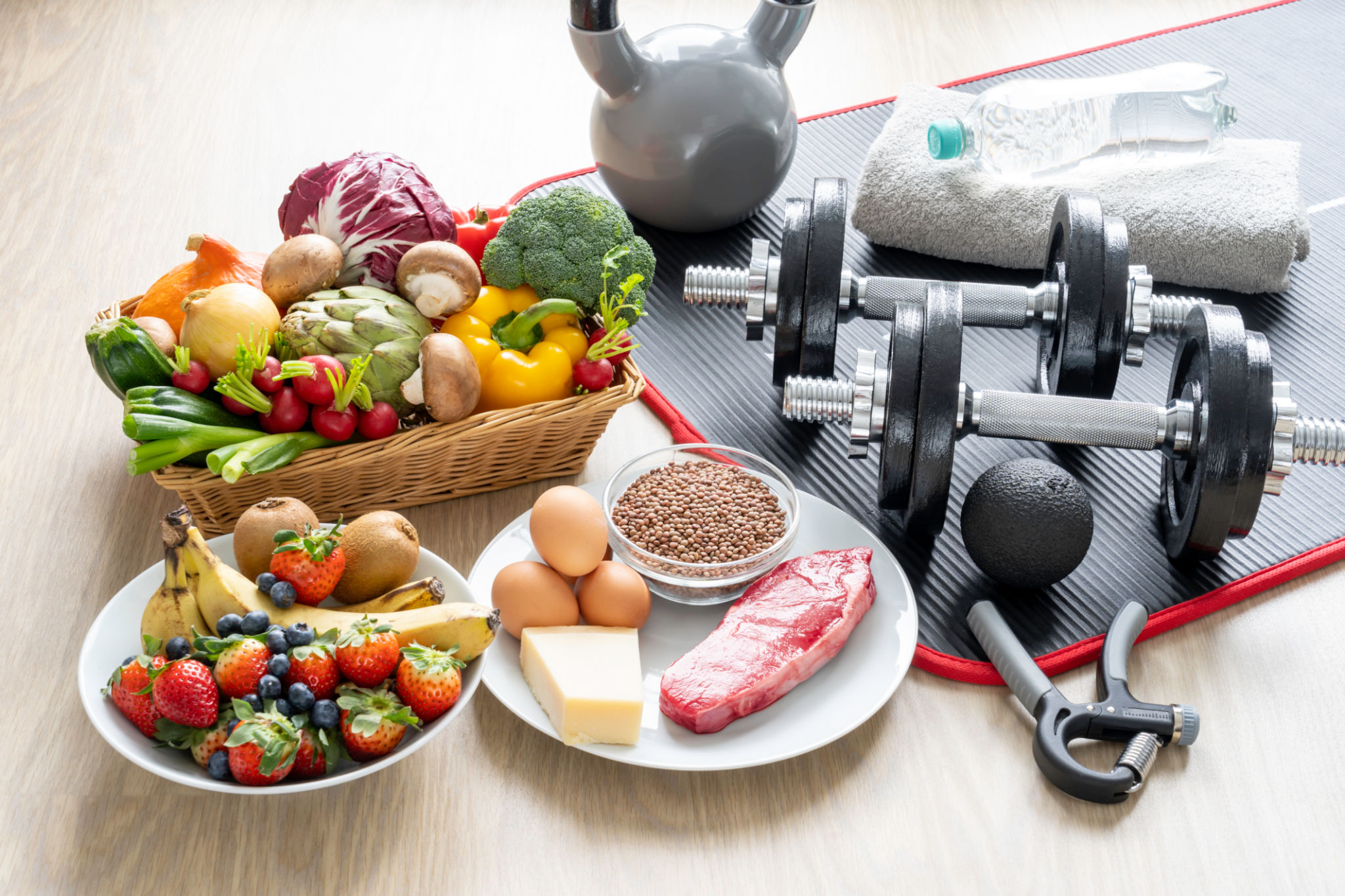Winter Sports Fueling Strategies: How to Stay Energized and Hydrated During the Cold Season
Understanding the Importance of Nutrition in Winter Sports
Winter sports enthusiasts know that the cold season brings unique challenges when it comes to maintaining energy and hydration levels. Whether you're skiing, snowboarding, or ice skating, your body demands a strategic approach to fuel and hydration to perform at its best. Understanding the importance of a well-balanced diet and proper fluid intake is the first step towards optimizing your performance and enjoyment in winter activities.

Fueling Your Body for Cold Weather Activities
Your body requires more energy to stay warm in cold weather, which means your caloric intake should increase during winter sports. Focus on consuming a mix of carbohydrates, proteins, and fats. Carbohydrates are essential as they’re your body's primary energy source, helping maintain endurance. Consider whole grains, fruits, and vegetables.
Proteins aid in muscle repair and recovery, so include lean meats, beans, or dairy products in your meals. Don’t forget healthy fats found in nuts, seeds, and avocados, which provide long-lasting energy. Aim for a balanced meal plan to sustain your energy throughout the day.
Hydration: A Key Component Even in Cold Weather
Hydration is often overlooked during winter sports because the cold reduces our sense of thirst. However, staying hydrated is crucial as you can still lose significant fluids through sweat and respiration. Dehydration can lead to decreased performance and increase the risk of injury.

Make sure to drink water regularly before, during, and after your activity. Consider carrying an insulated water bottle to prevent freezing, and supplement with electrolyte-rich drinks if you’re engaging in prolonged activities. Remember, even mild dehydration can impact your energy levels and concentration.
Pre-Activity Nutrition Tips
Before heading out for your winter sport, plan a meal or snack that provides sustained energy. A combination of complex carbohydrates and proteins can be beneficial. Try oatmeal with nuts and fruit or a whole-grain sandwich with lean protein. Avoid heavy, fatty foods that can slow you down.

Ensure you eat at least 30 minutes to an hour before starting your activity to allow for digestion. This practice helps in preventing any gastrointestinal discomfort while ensuring you have adequate fuel for your muscles.
During Activity: Quick Energy Boosters
For longer activities, carry quick energy snacks like energy bars, gels, or dried fruits. These can provide an immediate boost when you start feeling fatigued. Remember to continue hydrating at regular intervals to keep up your performance levels.
- Energy bars or gels
- Dried fruits like raisins or apricots
- Nuts for a quick protein fix
Post-Activity Recovery
Recovery nutrition is just as important as pre-activity fueling. After a session in the cold, focus on replenishing glycogen stores and repairing muscles. A combination of carbohydrates and proteins is ideal for recovery meals. Consider a smoothie with yogurt and berries or a turkey sandwich on whole-grain bread.

Rehydrating is also critical. Opt for water or a recovery drink that includes electrolytes to restore what's been lost during exercise. This helps kickstart your recovery process and prepares you for the next day’s activities.
Additional Tips for Cold Weather Sports Nutrition
Being prepared is key. Always pack more snacks and fluids than you think you'll need, as you may require extra fuel unexpectedly. Pay attention to your body's signals; feeling unusually fatigued or dizzy can be signs of inadequate fueling or hydration.
- Prepare snacks ahead of time
- Listen to your body’s hunger and thirst signals
- Adjust intake based on activity duration and intensity
With these strategies in place, you can enjoy winter sports while keeping your body energized and hydrated. Remember, the right nutrition can enhance not only your performance but also your overall experience on the slopes or rink.